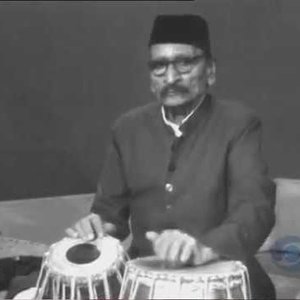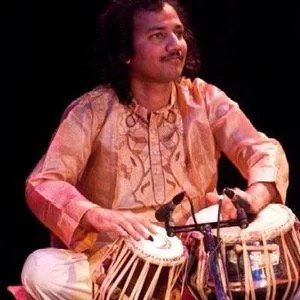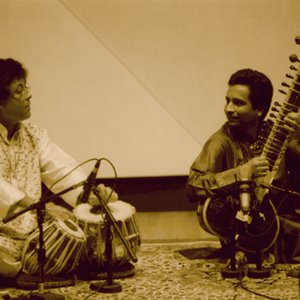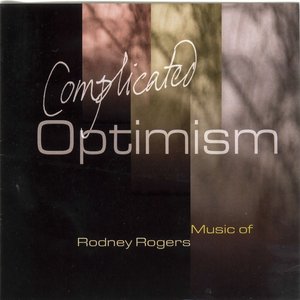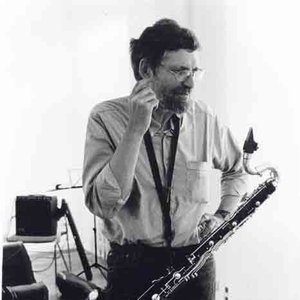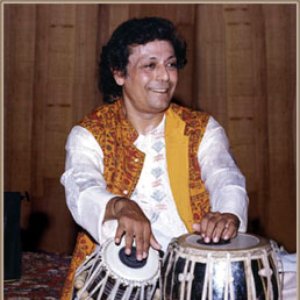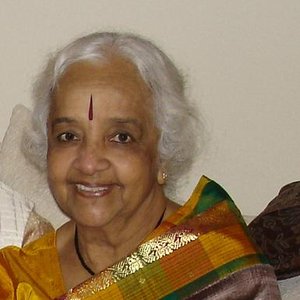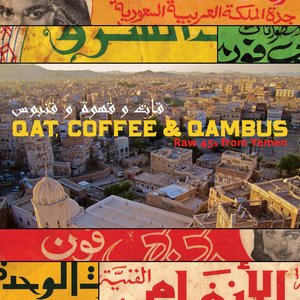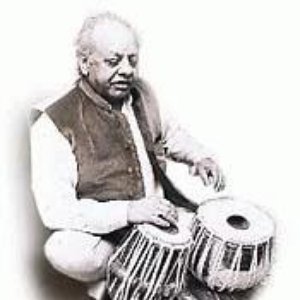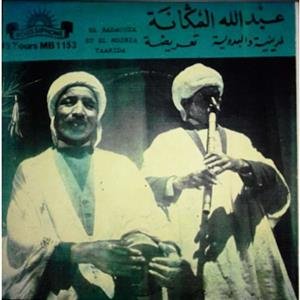Biography
Ustad Latif Ahmed Khan (1942-1989) was an honored virtuoso who is remembered for his mastery over the Delhi gharana of tabla. Born into a family of musicians in Delhi, Khan Saheb was trained by his uncle and khalifa of the Delhi gharana, Ustad Gameh Khan, and by his son Ustad Inam Ali Khan. Ustad Latif Khan was known for his tonal precision, proficiency of the bols Tita and Tirakita, and his total control of the baya.
Latif Ahmed Khan tuned his baya to the same pitch as that of the kinar of his daya (the note Sa), and this allowed for a very low, deep and full tone of the bass notes. Ustadji was praised for his skilful control of these bass notes. He was proficient in all four forms of tabla playing: solo, dance accompaniment, instrumental/vocal accompaniment and semi-classical music. Additionally, he was an avid composer, and composed the complex taal called Latif Taal, which is a rhythmic cycle of 5-and-a-quarter beats.
Traveling all over the world and performing extensively in Europe, Latif Ahmed Khan played with many of the musical stalwarts of the time, including Pandit Nikhil Bannerjee, Pandit Hariprasad Chaurasia, Pandit Bhimsen Joshi, Ustad Imrat Khan, and dancers Durga Lal, Birju Maharaj, Gopikrishna and Sitara Devi.
Although known more as a performer than as a teacher, he developed a close bond with his only senior-level disciple, Pandit Divyang Vakil. Khan Saheb's legacy and priceless Delhi compositions continue to live strong through Vakilji. Khan Saheb was survived by his two young sons, Akbar Khan and Babar Khan, who today are notable tabla artists in Delhi.
Artist descriptions on Last.fm are editable by everyone. Feel free to contribute!
All user-contributed text on this page is available under the Creative Commons Attribution-ShareAlike License; additional terms may apply.
